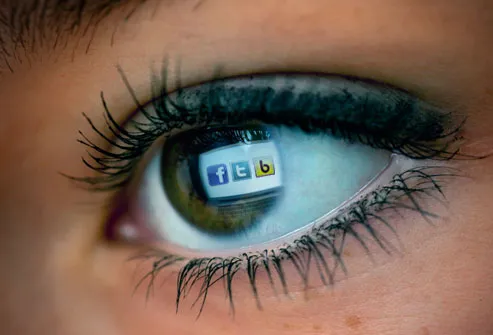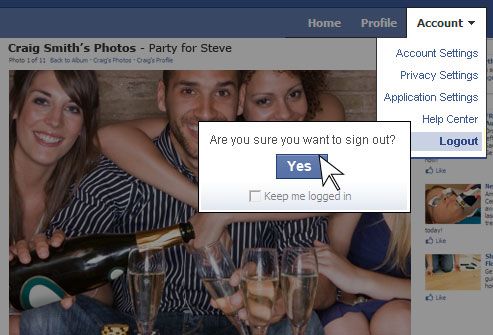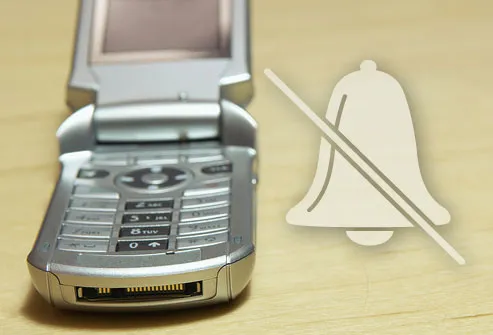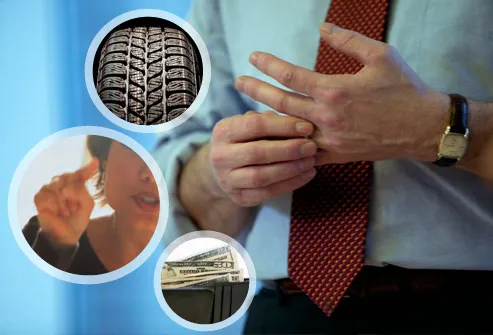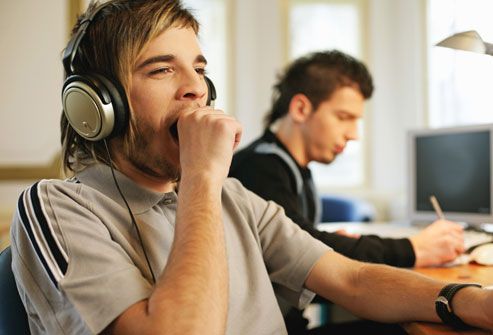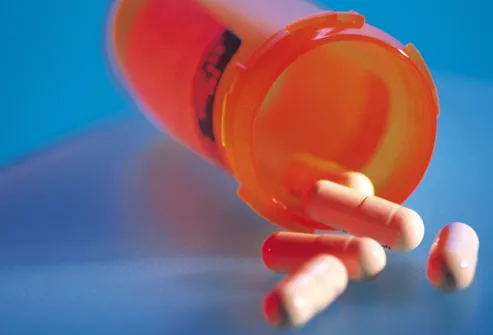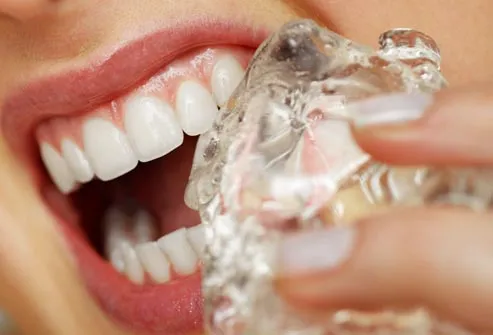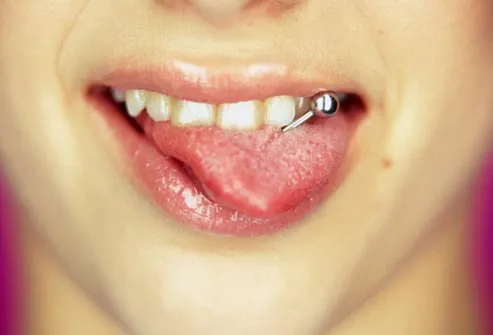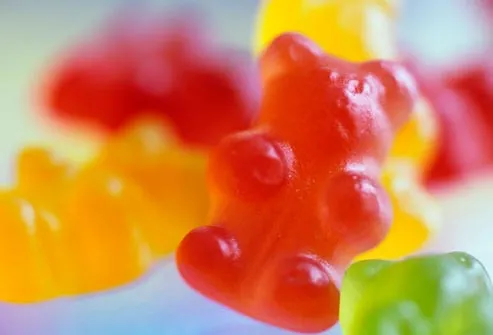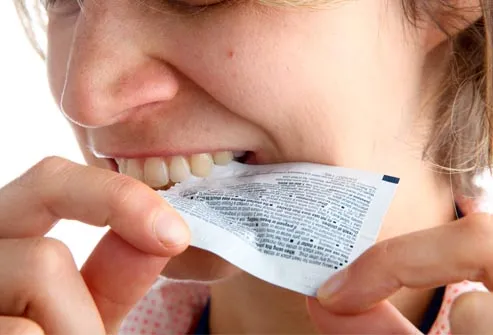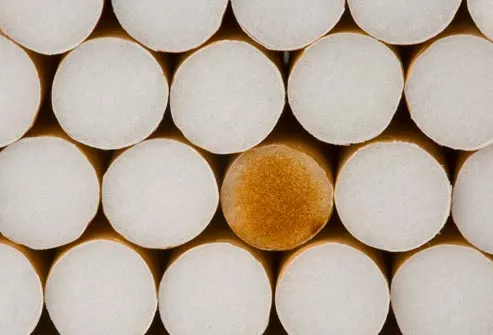
Skin Testing for Allergies
Skin testing for allergies is used to identify the substances that are causing your allergy symptoms. It is often performed by applying an extract of an allergen to your skin, scratching or pricking the skin to allow exposure, and then evaluating the skin's reaction. It may also be done by injecting the allergen under the skin, or by applying it to a patch that is worn on the skin for a specified period of time.
What Happens During the Allergy Skin Test?
The procedure varies depending on what type of allergy skin test you are having. The three main types of skin tests are the scratch test, intradermal test, and the patch test.
- Scratch test (also known as a puncture or prick test). First, a doctor or nurse will examine the skin on your forearm or back and clean it with alcohol. Areas on the skin are then marked with a pen to identify each allergen that will be tested. A drop of extract for each potential allergen -- such as pollen, animal dander, or insect venom -- is placed on the corresponding mark. A small disposable pricking device is then used so the extract can enter into the outer layer of the skin, called the epidermis. The skin prick is not a shot and doesn't cause bleeding.
- Intradermal test. After examining and cleaning the skin, a small amount of the allergen is injected just under the skin, similar to a tuberculosis test.
- Patch test. Another method is to apply an allergen to a patch, which is then placed on the skin. This may be done to pinpoint a trigger of allergic contact dermatitis. If there are allergic antibodies in your system, your skin will become irritated and may itch, much like a mosquito bite. This reaction means you are allergic to that substance.
If you're having an allergy skin test, plan to spend about an hour for the entire appointment. For the scratch and intradermal skin tests, the allergen placement part of the test takes about 5 to 10 minutes. Then you will have to wait about 15 minutes to see how your skin reacts.
Patch tests take longer, as you must wear the patch for about 48 hours to determine if there is a delayed reaction. During this time, bathing and swimming should be avoided. You will return to the doctor after the specified period of time to have the area(s) checked.
How Should I Prepare for an Allergy Skin Test?
Inform the health care provider who is going to perform your allergy skin test about all medicines you are taking, including over-the-counter drugs.
Since allergy medicines, including over-the-counter antihistamines, stop allergic reactions, you should not take them for a few days before the test. Talk to your doctor about discontinuing your allergy medicines prior to the test.
Your doctor will give you a list of medicines to avoid before the test, because there are other drugs that can interfere with the results. Since you may not be able to discontinue certain medicines, the doctor or nurse may perform a separate "control" test to determine if that particular drug will interfere with the scratch test.
Does an Allergy Skin Test Hurt?
The allergy skin test may be mildly irritating, but most people say it doesn't hurt too much.
Is an Allergy Skin Test Safe?
Although small amounts of allergens are introduced into your system, an allergy skin test is safe when performed properly. Systemic (whole body) reactions to skin testing are extremely rare.
What Happens After the Allergy Skin Test?
After the allergy skin test, any extracts and ink marks will be cleaned off your skin with alcohol. A mild cortisone cream may be applied to your skin to relieve any excessive itching at the sites of the skin pricks.
If you are having a patch test done, you will go home with bandages on your arm or back that you will wear for about 48 hours. You must avoid getting these areas wet, unless otherwise instructed by your doctor. You will return to the doctor after this 48-hour period to be re-evaluated.
Your doctor or allergist will use the results of the test to help develop a management plan for you.
When Should I Call My Doctor?
If you're having an allergy skin test, call your doctor or emergency number immediately if you experience any of the following symptoms:
- Fever
- Lightheadedness
- Wheezing
- Shortness of breath
- Extensive rash
- Swelling of the face, lips or mouth
- Difficulty swallowing

